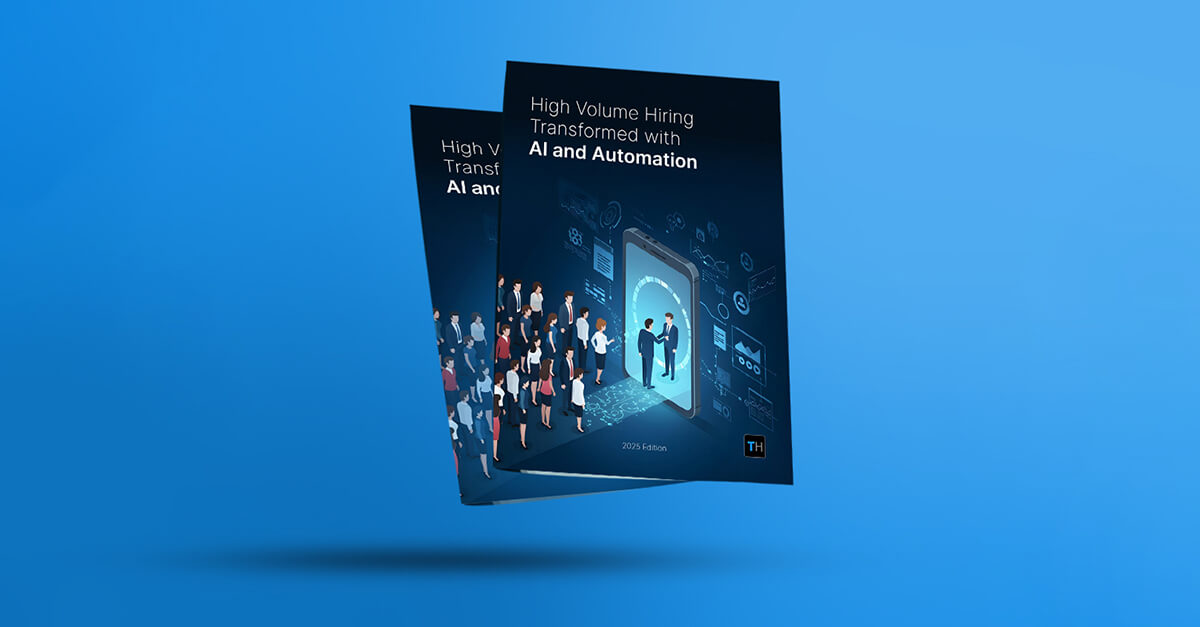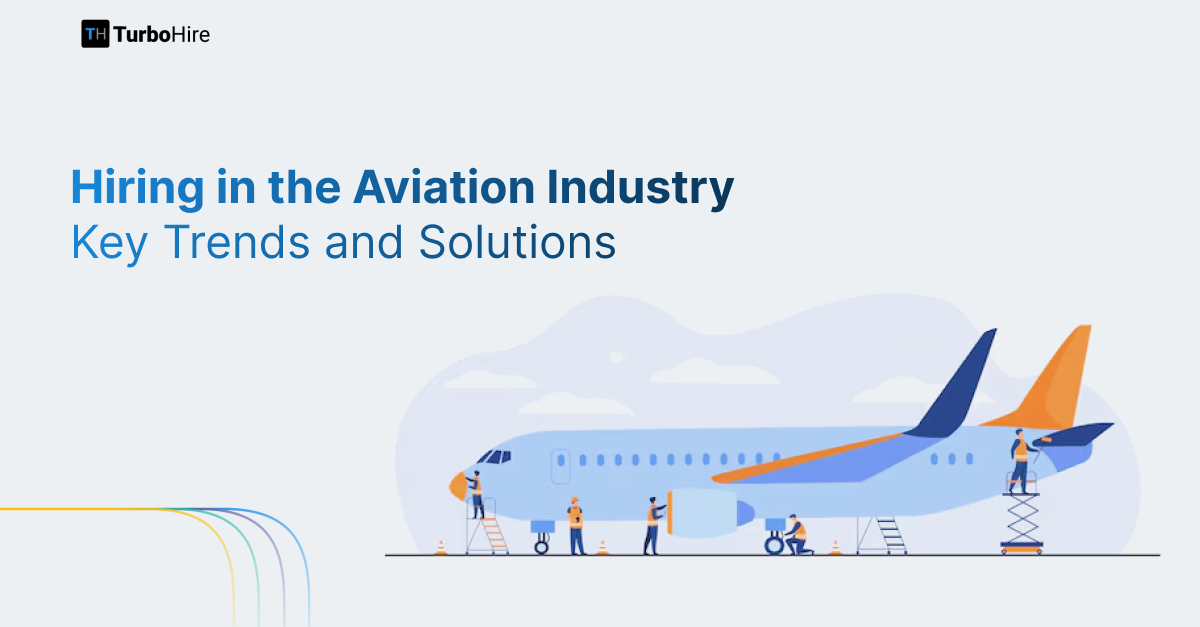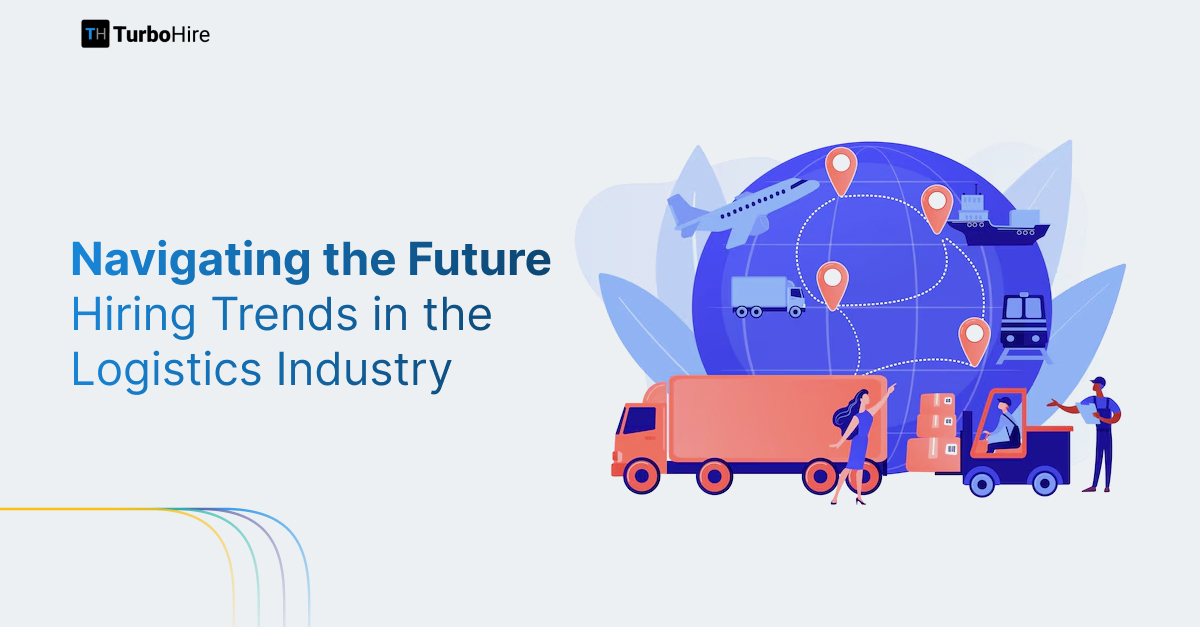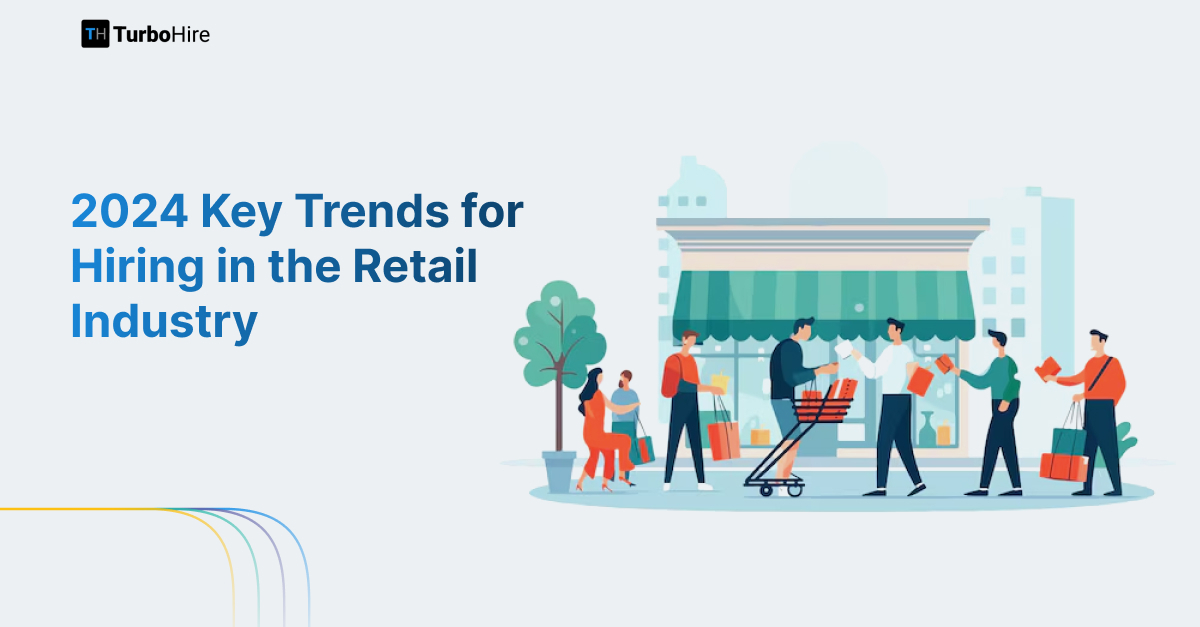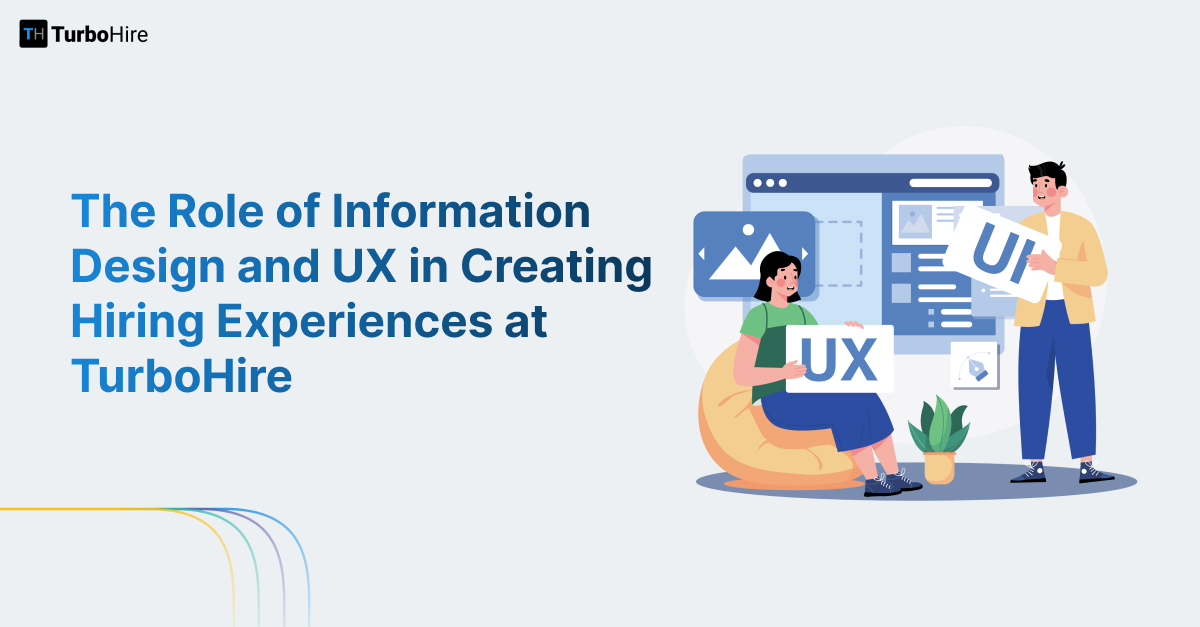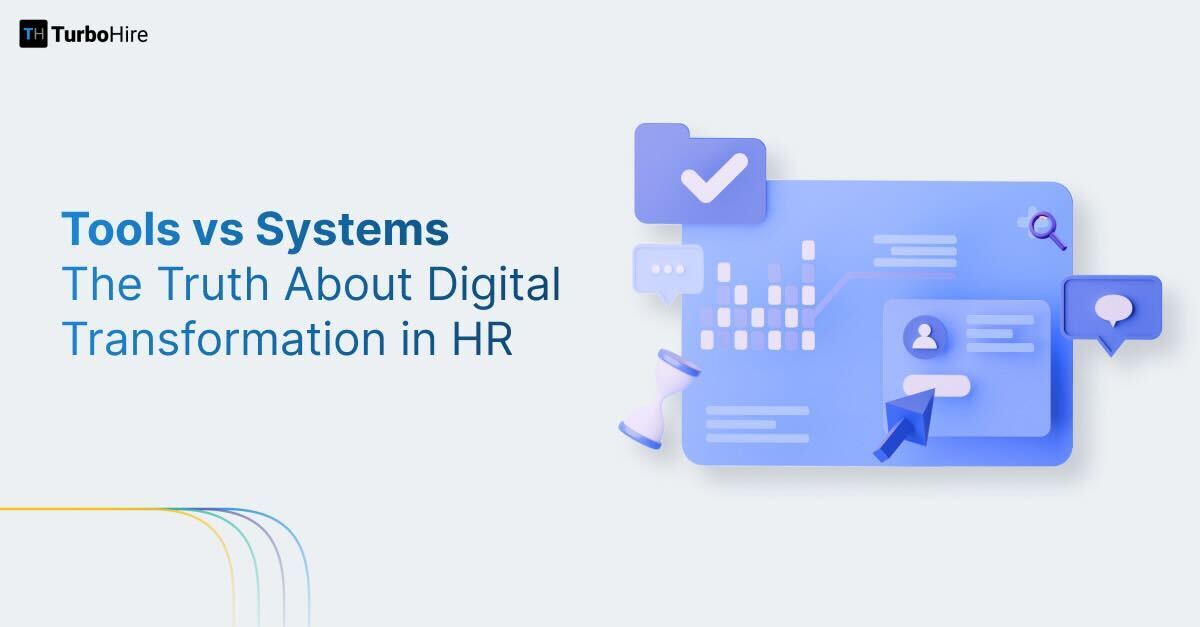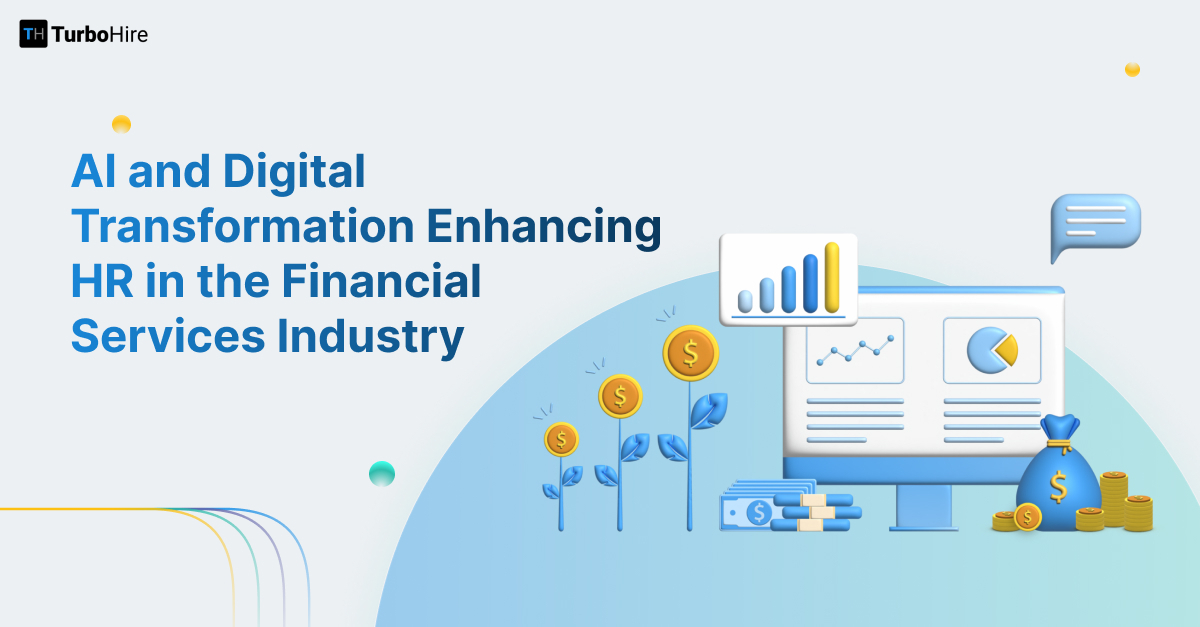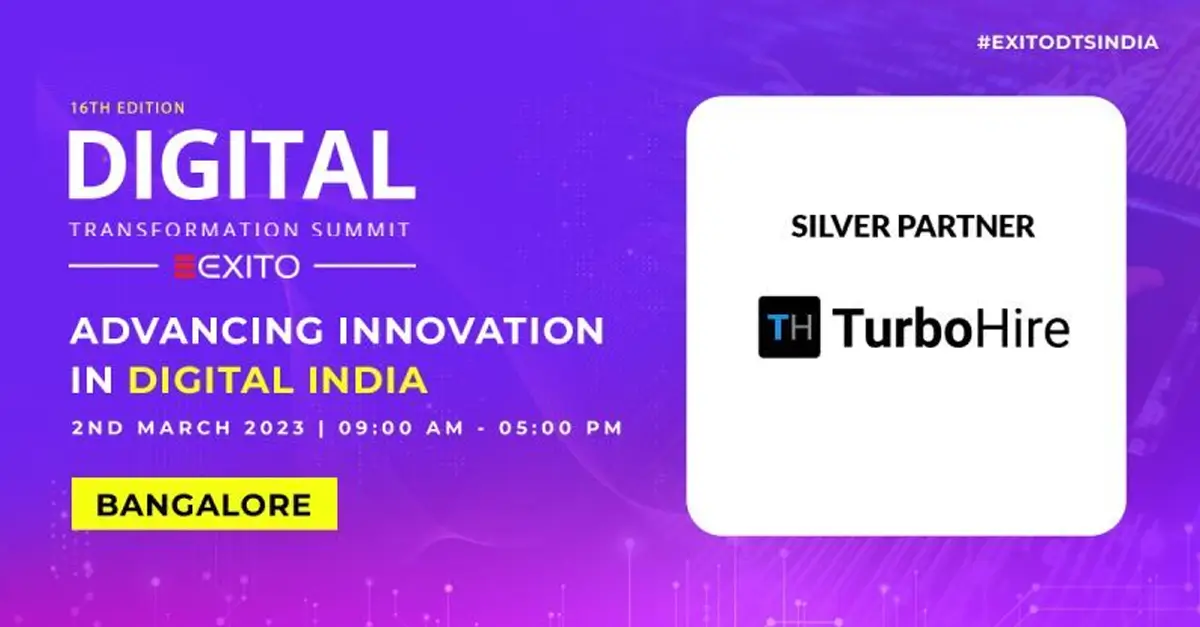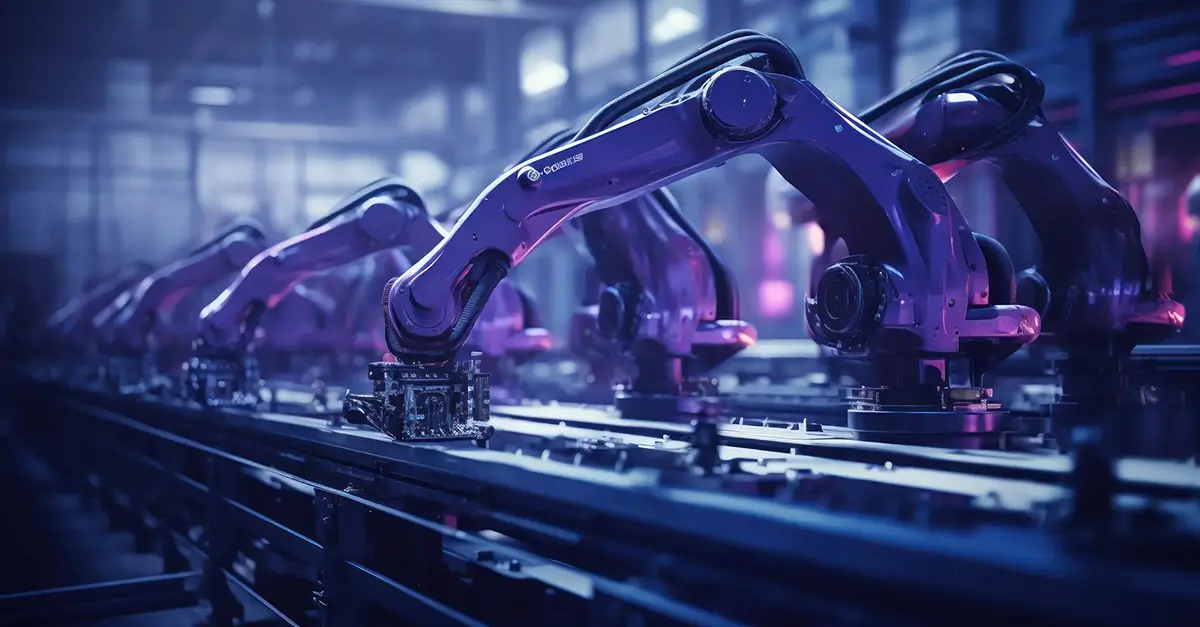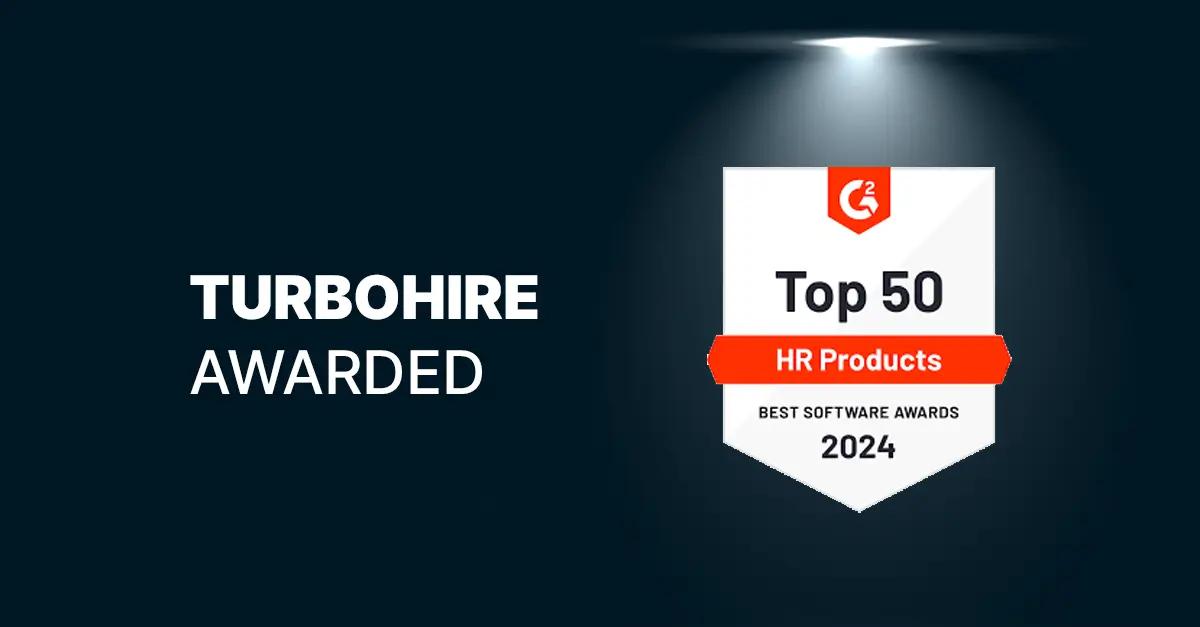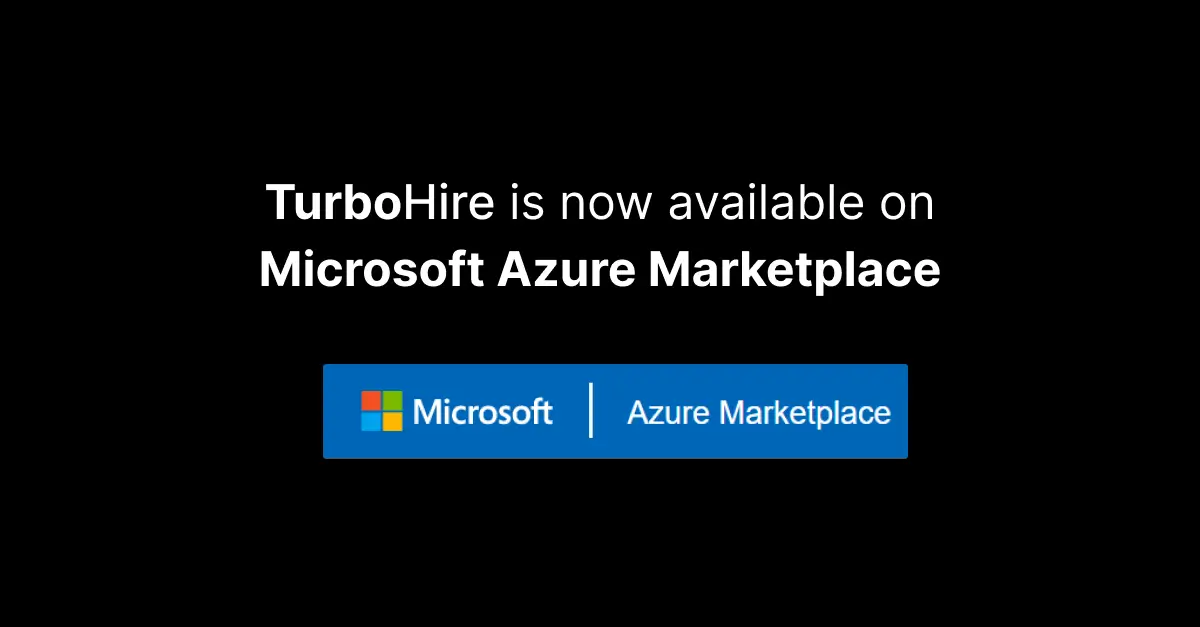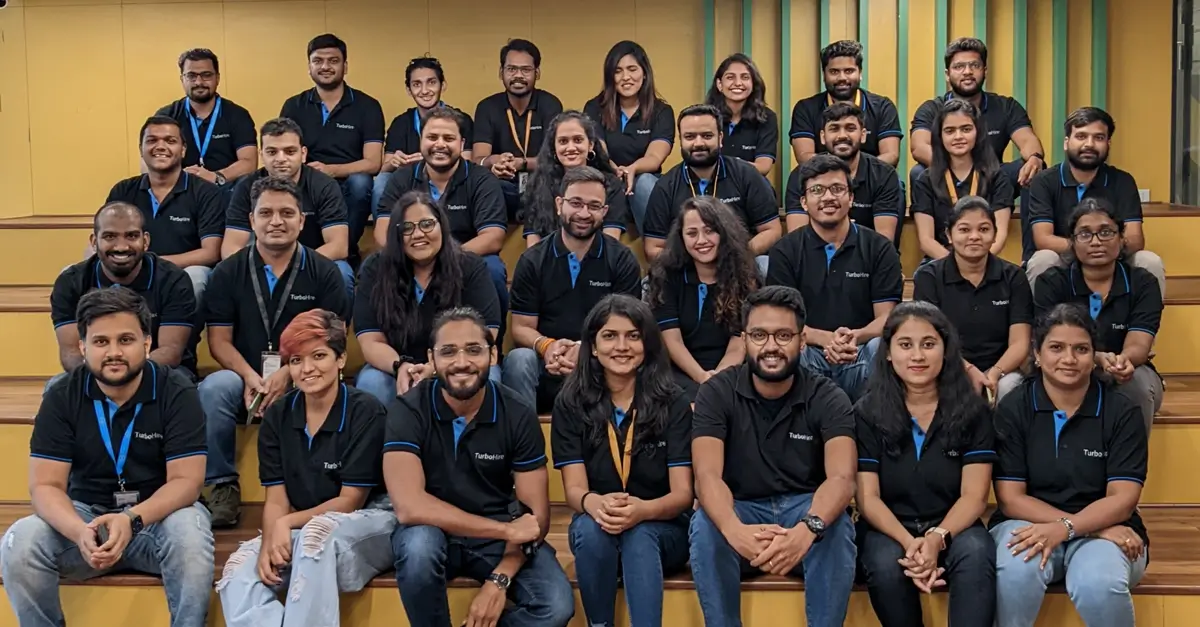Introduction
The hospitality industry is set for a robust recovery in 2025, with global travel and tourism projected to grow by 8% annually, surpassing pre-pandemic levels. This growth is driven by rising consumer confidence, an increasing demand for unique travel experiences, and a renewed interest in international tourism. However, alongside this revitalization, the way businesses approach hiring has evolved significantly. With the hospitality workforce expected to expand by 12%, companies are facing a shortage of skilled labor, particularly in specialized roles such as guest services, culinary arts, and operations management. To overcome these challenges, businesses must adopt innovative hiring strategies to attract and retain the right talent in an increasingly competitive market.
One of the primary drivers behind this shift is the integration of advanced technologies, such as artificial intelligence (AI) and automation, which are streamlining hiring processes and improving efficiency. In addition to technology, the demographic makeup of the hospitality workforce is changing, with Millennials and Gen Z now representing over 60% of the global workforce. These younger generations bring different expectations from their employers, including a strong preference for work-life balance, flexible job opportunities, and career development paths. To meet these demands, hospitality businesses need to create more agile, employee-centric work environments that appeal to these tech-savvy and value-driven generations.
Sustainability is another key factor influencing hiring trends in 2025. With over 80% of travelers prioritizing eco-friendly accommodations, hospitality companies are increasingly adopting sustainable practices and looking for employees who can support these initiatives. In parallel, there is a growing focus on employee well-being and engagement as businesses strive to reduce high turnover rates and improve overall employee satisfaction. In this competitive environment, the companies that will thrive are those that embrace digital transformation, prioritize diversity and inclusion, and align their hiring strategies with the values of today’s workforce. In the following sections, we explore the major hiring trends shaping the hospitality industry and how businesses can adapt to stay ahead of the curve.
Hiring Challenges in the Hospitality Industry
1. High Turnover Rates: Constantly replacing staff due to high turnover increases hiring costs and disrupts service quality.
2. Seasonal Hiring Fluctuations: HR struggles to meet staffing needs during peak seasons and reduce workforce in off-peak times, complicating workforce planning.
3. Attracting Qualified Talent: The industry’s reputation for long hours can be a dealbreaker for Millennials and Gen Z, who value work-life balance. This makes it challenging to attract skilled talent, especially for leadership roles.
4. Diversity and Inclusion: HR faces challenges in creating a diverse workforce and implementing inclusive hiring practices.
5. Hiring for Soft Skills: Identifying soft skills like emotional intelligence and communication during hiring can be difficult.
6. Slow Adoption of Digital systems: Many hospitality businesses still use traditional, time-consuming hiring methods, while adoption of more efficient AI-powered systems remains slow.
7. Flexible Hiring Models: Managing part-time, contract, and gig workers increases the complexity of workforce management and compliance.
8. Upskilling and Reskilling: HR must invest in continuous training to equip employees for evolving technologies and guest expectations.
Key Hiring Trends in the Hospitality Industry
1. Digital Transformation in Hospitality Hiring: The hospitality industry is rapidly adopting digital transformation in HR processes to streamline hiring and improve talent acquisition. AI-powered tools and automated interview scheduling are now essential for sourcing, screening, and onboarding talent. These innovations enable faster identification of qualified candidates and reduce manual HR tasks, allowing businesses to focus on enhancing the employee experience from day one. This transformation is crucial in staying competitive within a labor-short market.
2. Focus on Flexible Hiring Models: The contract workers play a vital role in the hospitality sector, with fluctuating demand driven by seasonal tourism and special events. Hospitality companies are increasingly adopting flexible hiring models, such as part-time, contract, and temporary roles, to meet changing demands. These models provide the agility to scale the workforce while catering to workers seeking flexible employment.
3. Sustainability and Green Skills in Demand: As sustainability becomes a focal point in the hospitality industry, there is an increasing demand for candidates with green skills. Hotels and resorts are prioritizing eco-friendly practices and seeking employees who can support these initiatives. This trend is driving the need for individuals experienced in waste reduction, sustainable energy, and environmental management.
4. Focus on Employee Well-being and Experience: Post-pandemic, hospitality companies are emphasizing employee well-being to improve retention and attract talent. Offering mental health support, flexible work hours, and wellness programs is becoming common practice. This not only helps reduce turnover but also draws job seekers who prioritize well-being in their career choices.
5. Demand for Soft Skills: Communication: While technical skills are important in hospitality, there is a growing emphasis on soft skills such as communication, particularly for customer-facing positions. Effective communication is crucial for delivering outstanding guest experiences and is highly sought after in roles like guest relations and event management.
6. Diversity and Inclusion in Hiring: The hospitality industry is placing a stronger emphasis on diversity and inclusion. Companies are implementing inclusive hiring practices to build a workforce that reflects their diverse clientele. This focus on diversity improves company culture and enhances the guest experience by incorporating varied perspectives.
7. Hiring for Leadership in a Digital and Sustainable Era: With the rapid changes in the hospitality industry, there is a growing need for leadership experienced in digital transformation and sustainable business practices. Companies are prioritizing hiring leaders skilled in crisis management, digital transformation in HR, and employee experience management, with roles like sustainability managers and HR leaders coming into focus.
What to Look for in 2025
As organisations prepare for 2025, digital transformation in HR, sustainability, and flexible work models are shaping the future of hiring.
1. Hyper-Automation in Hiring
By 2025, we can expect AI and automation technologies to be at the forefront of hiring processes, allowing organizations to drastically reduce the time and effort required for traditional recruitment tasks. These technologies will handle everything from sourcing candidates across multiple platforms, screening resumes based on job-specific criteria, to scheduling interviews automatically, minimizing human involvement in these routine activities. This hyper-automation will also allow for greater personalization in candidate communication, ensuring that job seekers receive timely and customized responses based on their interactions with the company. In addition, AI-driven tools will enhance decision-making by analyzing large datasets, identifying patterns, and suggesting the most qualified candidates for roles, thereby improving overall recruitment accuracy and efficiency. Ultimately, this will free up HR teams to focus on more strategic activities, such as improving candidate experience and organizational culture.
2. Skills-Based Hiring
The hiring landscape is expected to undergo a significant shift toward skills-based recruitment, emphasizing what candidates can do over their educational credentials. As businesses recognize that traditional degrees don’t always reflect an individual’s ability to perform in a dynamic work environment, they will increasingly turn to assessments that test practical skills related to the role. For instance, a candidate’s proficiency in coding, project management, or creative thinking might be given more weight than a college degree. Furthermore, this approach will align with a growing emphasis on continuous learning, as employees will be expected to keep up with evolving industry trends and technologies. Skills-based hiring will not only broaden the talent pool but also encourage a culture of upskilling, where workers regularly enhance their capabilities through training and development programs to remain competitive in their fields.
3. Sustainability-Centered Roles
The urgency of addressing environmental challenges and adhering to global sustainability standards is driving companies to hire professionals with expertise in sustainability. By 2025, roles such as sustainability officers, green supply chain managers, and environmental compliance specialists will become more common as businesses work to align their operations with eco-friendly goals. Companies will prioritize candidates who can help them reduce their carbon footprint, manage waste more effectively, and innovate ways to make their supply chains more sustainable. These roles will not only focus on internal operations but also on ensuring that business partners and vendors comply with environmental regulations. As consumers and investors continue to push for greener practices, hiring for sustainability-focused roles will be essential to maintaining a company’s competitive edge, reputation, and long-term success in a rapidly evolving market.
4. Upskilling and Reskilling
As technology evolves, particularly with advancements in AI, automation, and data science, businesses will need to continually invest in the development of their employees to stay competitive. By 2025, upskilling and reskilling initiatives will become central to workforce strategies, as organizations look to prepare their staff for the digital future. Employees will be trained to work alongside AI tools, use data analytics in decision-making, and adopt emerging technologies such as blockchain or the Internet of Things (IoT). In particular, industries like hospitality will need to teach staff how to leverage automation for improving customer service, managing bookings, and streamlining operations. This focus on continuous learning will also help address talent shortages, as companies will be able to train existing employees to fill new roles, reducing their dependence on external hiring and promoting career progression from within.
5. Data-Driven Hiring
The role of data in hiring will only grow by 2025, with companies leveraging advanced analytics to make more informed recruitment decisions. HR teams will rely on data at every step of the hiring process, from identifying the most effective talent sources to predicting which candidates are most likely to succeed and stay with the company long-term. Analytics will help organizations understand key patterns such as which skill sets are in demand, which recruitment channels yield the best candidates, and what factors contribute to employee turnover. Predictive analytics will also play a significant role in identifying future hiring needs, allowing companies to anticipate talent gaps and proactively seek candidates with the necessary skills. Overall, data-driven hiring strategies will lead to more efficient processes, reduced time-to-hire, and better alignment between candidates’ capabilities and the needs of the business.
TurboHire: Revolutionizing Hiring in the Hospitality Industry
TurboHire streamlines hiring with AI and automation integrated into every step of the hiring process. From sourcing and screening candidates to scheduling interviews and collecting feedback, TurboHire’s platform optimizes efficiency and significantly reduces time to hire. By centralizing all hiring activities on one platform, TurboHire facilitates smooth communication and collaboration among recruiters, hiring managers, and HR teams. The platform’s robust analytics and data-driven insights enable organizations to make more informed hiring decisions, enhancing overall hiring outcomes. With a strong focus on improving the candidate experience, TurboHire simplifies the hiring process, making it faster, more efficient, and more effective for all stakeholders involved.
TurboHire’s Key Features for Efficient Hospitality Hiring:
The hospitality industry, known for its dynamic and fast-paced nature, requires an equally agile and efficient approach to hiring. TurboHire addresses these challenges with advanced AI-driven automation and tailored solutions designed to meet the unique needs of hospitality businesses.
- Resume Parsing to quickly identify relevant candidates based on qualifications, skills, and past experiences, reducing time spent on manual screening.
- Automated Screening using criteria like customer service skills or specific job experience, ensuring that only the most qualified candidates are shortlisted.
- Interview Scheduling Automation to streamline the coordination process, saving significant time for HR teams.
Specialized Solutions for Hospitality:
Campus Hiring for Culinary Positions: TurboHire’s specialized campus hiring modules simplify the hiring of culinary talent, such as chefs, directly from hotel management institutions. With tools like QR code applications and WhatsApp-based engagement, hospitality businesses can connect with students early, making the process seamless and efficient. These features ensure that candidates are assessed and onboarded quickly, helping hotels secure fresh culinary talent.
AI-Driven Hiring for Experienced Roles: For positions like hotel managers, sales managers, and front desk staff, TurboHire offers AI-powered automation to source, screen, and schedule interviews. This allows businesses to quickly identify candidates with the necessary qualifications, such as postgraduate degrees, diplomas, or extensive industry experience. TurboHire’s automation frees up time for hiring teams to focus on selecting candidates with leadership qualities and the right fit for managerial roles.
Vendor-Free Hiring for Operational Roles: TurboHire eliminates the need for third-party vendors in the hiring of security, housekeeping, and valet services. By leveraging QR Code Hiring and a referral system, businesses can directly engage with potential blue- and grey-collar candidates, cutting out vendor charges and speeding up the hiring process. TurboHire’s solution ensures that operational roles are filled with qualified candidates efficiently, reducing both time and costs. Learn more about TurboHire’s impact on the hiring experience for all stakeholders.
Conclusion
As the hospitality industry prepares for a pivotal shift in 2025, the adoption of AI and automation will be essential in overcoming hiring challenges and staying competitive in a rapidly evolving landscape. TurboHire’s advanced platform integrates AI at every stage of the hiring process, empowering hospitality businesses to streamline their talent acquisition strategies, reduce time to hire, and enhance the overall candidate experience. From sourcing skilled chefs through innovative campus hiring modules to automating the hiring process for experienced management and operational staff, TurboHire offers end-to-end solutions tailored to the unique needs of the industry.
With sustainability, digital transformation, and employee well-being becoming key hiring trends, TurboHire’s data-driven insights and specialized tools enable businesses to navigate the complexities of flexible hiring models, green skills demand, and diversity in the workforce. As 2025 approaches, hospitality companies that embrace these technological advancements will be well-positioned to attract top talent, reduce hiring costs, and foster a future-ready workforce. TurboHire is not just a hiring platform; it is a transformative solution that redefines how hospitality businesses can meet their hiring
needs in a digital, sustainable, and employee-centric world.
By implementing TurboHire’s innovative approach, hospitality businesses can overcome their hiring challenges and confidently shape the future of work, ensuring long-term success in this dynamic industry.


